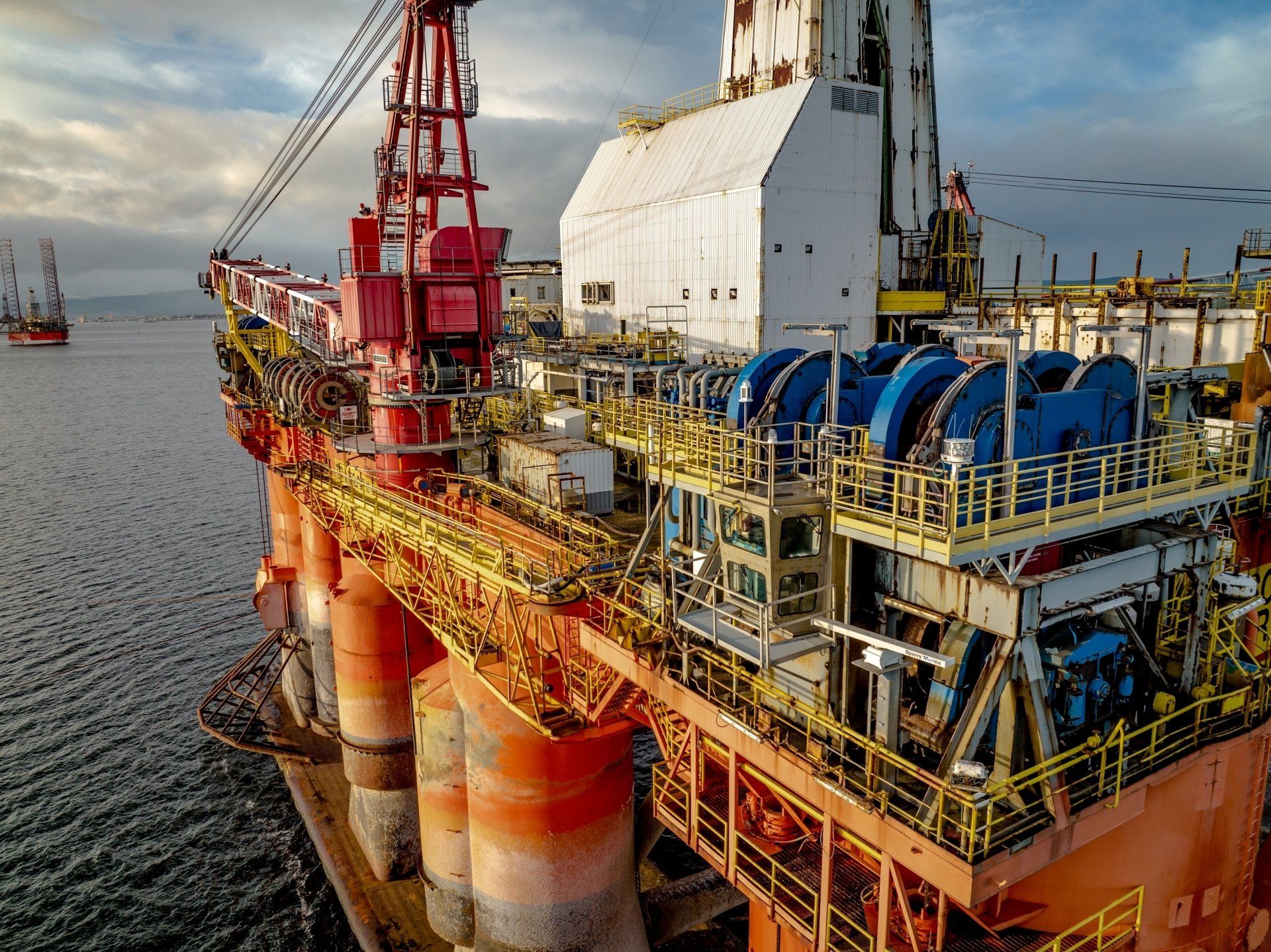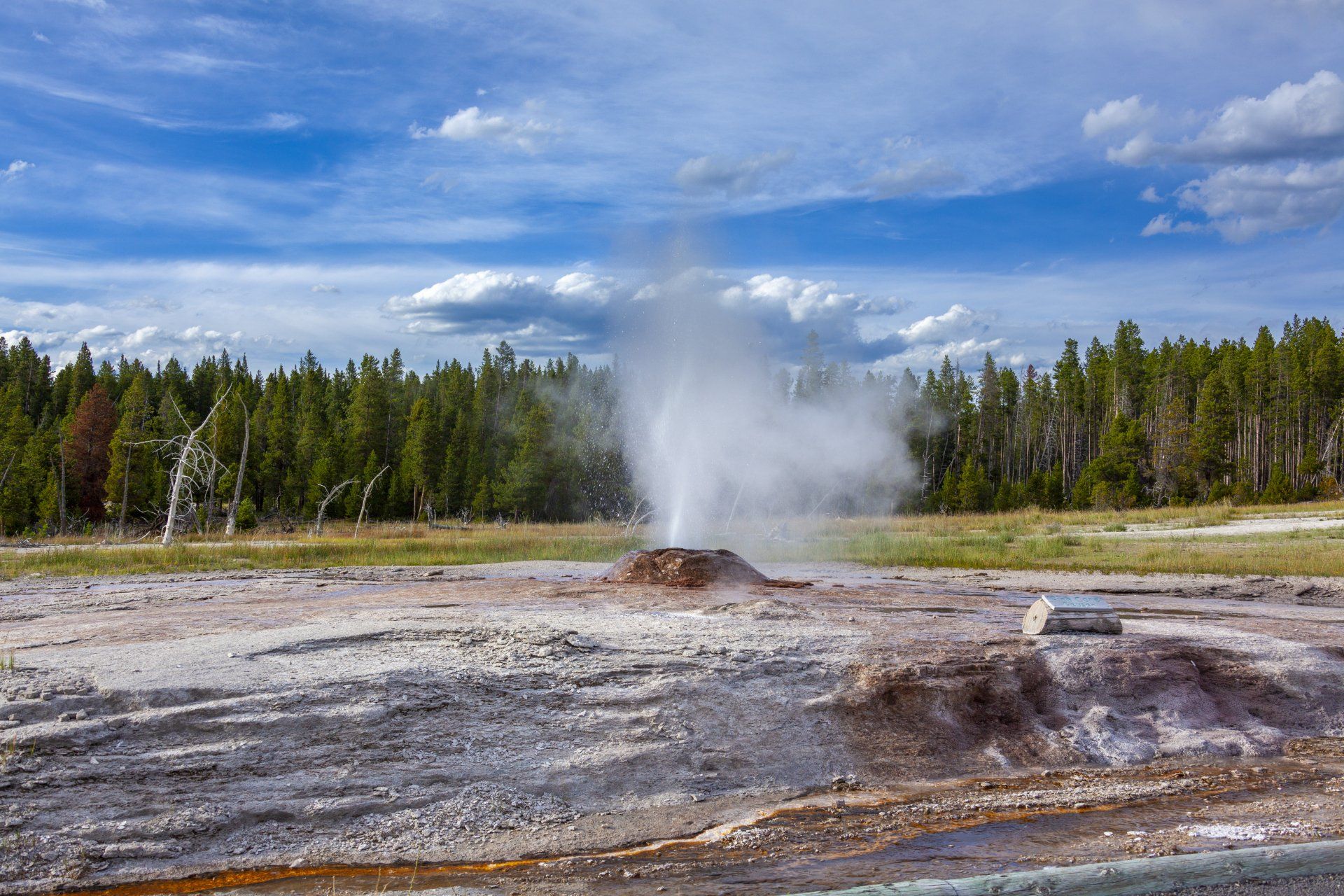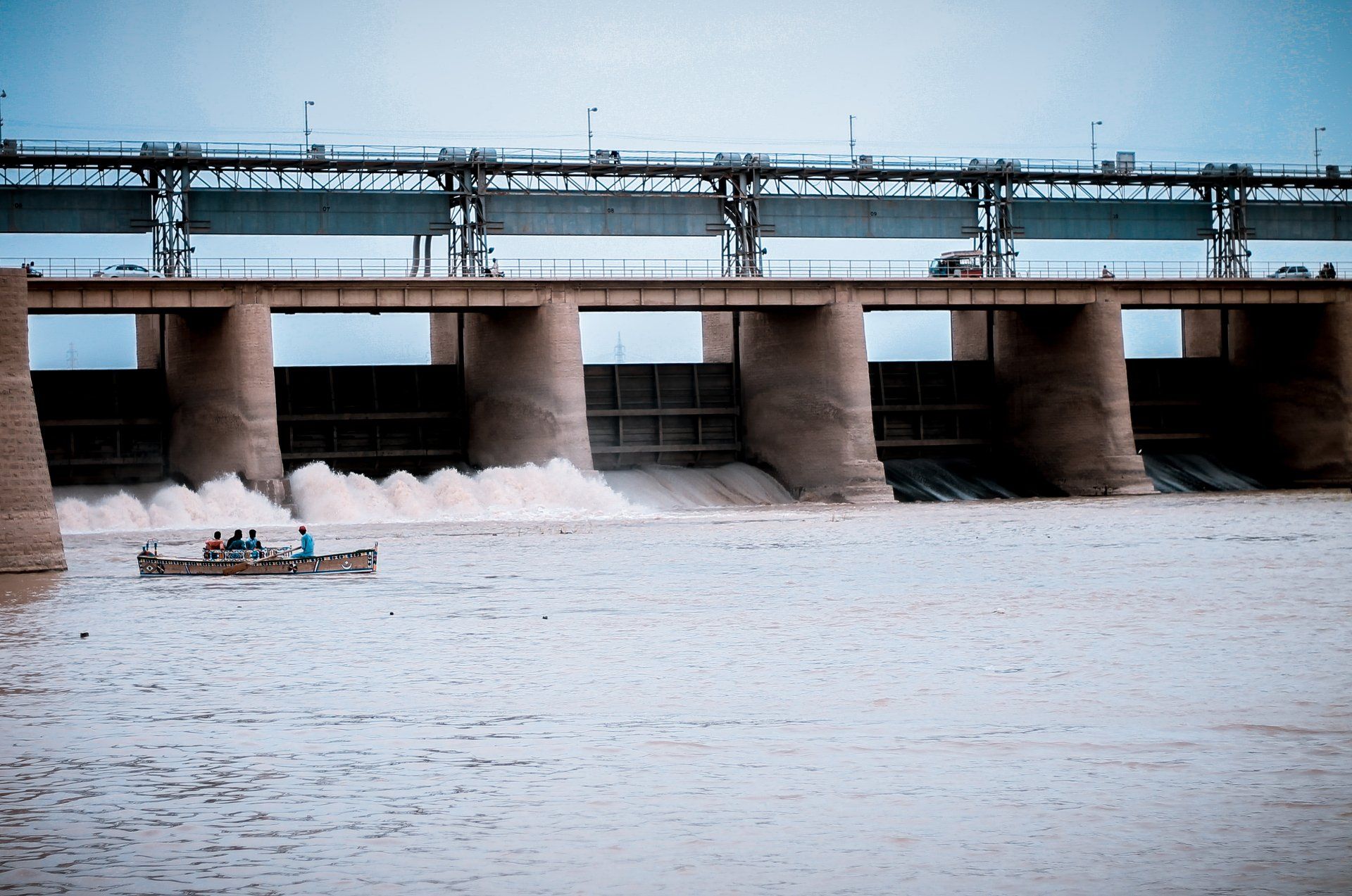Geophysics
C O U R S E S
Quick Links
This course deals with advanced processing methods that are
often carried out as part of a special study, and may involve the integration of data acquisition, processing and interpretation, as well as petrophysics, production geology and reservoir engineering.
This course is designed for exploration and production
managers geoscientists and reservoir engineers, as well as
professionals involved in seismic processing or dealing with
results of processed seismic data.
The course will demonstrate how appropriate use of geological information can lead to better management decisions, and thus improve the value of oil and gas projects.
This course is designed as an introductory course for new hire
graduate geologists, and geophysicists or engineers with limited experience of hydrocarbon exploration.
This course covers geophysical methods in petroleum
exploration and development, basic principles upon which
seismic method is used, seismic reflection surveys in somewhat great in depth, and various aspects of seismic reflection methods.
This course is designed for geologists, geophysicists and
reservoir engineers.
This course covers the entire seismic process from acquisition,
through processing to interpretation, the strengths and
limitations of the seismic method, the meaning of seismic
sections, maps and other products, and an overview of the
latest developments in seismic technology.
This course is designed for new geophysicists, geologists,
reservoir engineers who liaise with geophysicists, and seismic
interpretators with no processing background
This course will provide a comprehensive and clear
understanding of the technical and commercial operation of the oil & gas industry. The course will look at the industry principles such as: exploration & production, geology, transportation, storage, prices, legal and commercial systems.
This course is designed for new executives to the industry,
commercial managers, various engineering disciplines, HR
managers, marketing, sales, and legal & commercial managers
This course addresses the fundamental tenets of petrophysics
and formation evaluation, using integrative perspective of
multiple datasets; including geological, geophysical, logging
and core data.
This course is designed for geologists, geophysicists, log and/or core analysts, exploration & production managers, and reservoir engineers.
This course covers acquisition, processing, imaging and
extraction of geologic and petrophisical information and pitfalls that effect the interpretation and integration of seismic data and information into E&P workflow.
This course is designed for geophysicists and experienced
seismic interpretetors.
The understanding and application of AVO and attribute
analysis is vital to any seismically driven exploration
or development program1 This course is a MUST for all
geoscientists who utilize seismic data in their interpretations.
The course will demonstrate key principles and pitfalls related
to AVO and seismic attribute analysis including the suitability
of seismic data for analysis, preserving amplitudes, properly
modeling AVO/AVA and attribute response and matching the
predicted response with seismic data and avoiding pitfalls.
These principles control the success or failure of AVO and
seismic attributes, and with it the potential success of an
exploration program.
This course is designed for interpreters, geophysicists,
geologists, technical support personnel, seismic processors,
exploration and data processing managers and data acquisition managers.
Seismic Data Interpretation is an essential tool for oil &
gas exploration, and an integral part of field development
technologies. The main objective of this course is to provide E&P professionals with knowledge on visualization, integration, and interpretation techniques that have been recently developed for seismic data.
The participants will gain a solid understanding of the applications and role of the seismic interpreter in studies that involve post-stack seismic attributes, AVO, seismic sequence stratigraphy, seismic geomorphology, 4D time-lapse seismic, and multidisciplinary integration.
This course is designed for exploration and production
managers, geoscientists, and reservoir engineers, as well as
professionals involved in seismic interpretation or dealing with
results of the interpretation of seismic data.










